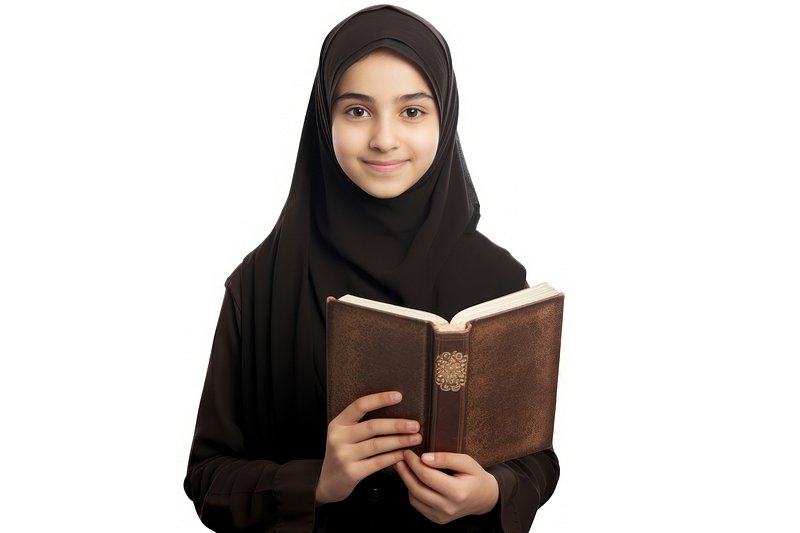Daughters’ Education: Madrasa Only?
By Asmita - Sep 22, 2025
Government decree in an Islamic country mandates daughters' education to be limited to madrasas, sparking global concern and drawing international criticism. Critics view the policy as a move towards extremism and regression, contradicting efforts to promote girls' education worldwide. The order's enforcement with fines and coercion has left families perplexed, as experts warn of the societal imbalance and economic consequences of restricting modern education opportunities for girls. International human rights organizations condemn the decree as a violation of human rights and a step backward for the country, urging against the push towards extremism and emphasizing the importance of education for societal progress.

Muslim Woman Reading Quran via Rawpixel
Recently, a new decree issued by the government of an Islamic country has sparked global concern. The order mandates that daughters' education be restricted only to madrasas. The government claims that modern education increases the risk of girls "straying" and promotes Western cultural infiltration in society. The local administration also made it clear that strict action will be taken against families who do not comply, including fines and forcibly sending daughters to madrasas. This policy is being seen as a sharp move towards extremism and is drawing international criticism.
This decision has come at a time when efforts worldwide are being made to promote girls' education. From the United Nations to various global organizations, women’s education is considered the backbone of development. However, this decree contradicts such views and is considered a significant regression in the 21st century. Public reactions are mixed; while extremists term it "religious protection," social activists call it a direct attack on daughters' rights. This order has also left families confused who had hoped to see their daughters become doctors, engineers, or professionals.
Education experts believe limiting education to religious teaching can imbalance society. They argue that modern education in science, math, and languages is essential for any society's progress. Restricting daughters only to madrasas will severely limit their career opportunities in the future. This order will not only impact daughters but also harm the country’s social and economic status. Reduced female literacy will lower women's workforce participation, slowing down development.
International human rights organizations have strongly condemned this policy, calling education restriction a violation of human rights and a push towards backwardness. Many countries have criticized the decision, warning it will embolden extremists and weaken democratic foundations. Meanwhile, the local government justifies the decision as a part of "religious and cultural preservation." Human rights activists warn that if the situation persists, daughters will remain deprived of education, confined to social pressures, impacting future generations and posing a severe barrier to any modern society's progress.


